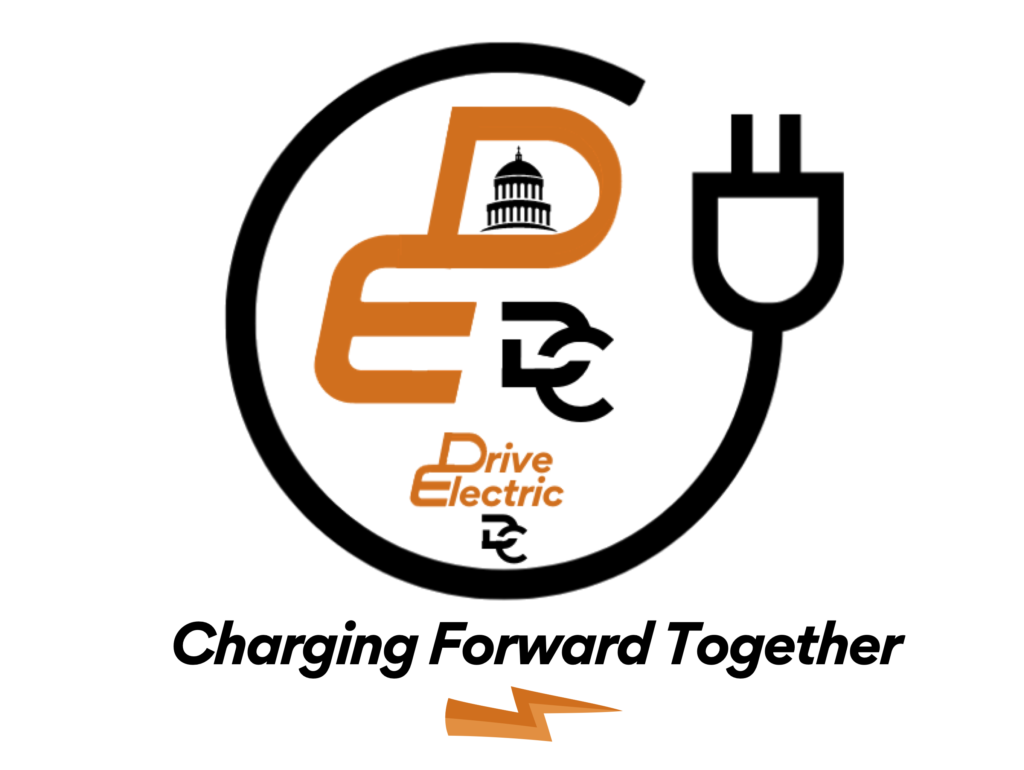Why EVs?
Experience the Future of Clean, Cost-Effective Transportation with Electric Vehicles (EVs). With no need for gasoline, diesel, EVs run on electricity, cutting your upfront costs and long-term expenses, thanks to the affordability of electricity and minimal maintenance needs. Embrace the EV revolution!
Depending on what type of electric vehicle you drive you can reduce or completely eliminate the use of gasoline or diesel.
There are three types of electric vehicles.
Battery Electric
Vehicles
Plug-in Hybrid Electric
Vehicles
Hybrid Electric
Vehicles
- Fully electric and rechargeable battery-powered system
- 150-400 miles on a single charge
- No tailpipe emissions
- Regenerative braking
- Equipped with both gas and electric capabilities
- Increased fuel efficiency results in lower tailpipe emissions
- On average, can use 50 miles from electricity
- Regenerative braking
- Equipped with both gas and electric capabilities
- Increased fuel efficiency
- Has internal battery but does not recharge by plug-in charging
- Regenerative braking
What is regenerative braking?
Regenerative braking improves EV efficiency by capturing energy from the brakes and converts it to electric power that is used by the vehicle’s battery.What EV is best for you?
Car companies are releasing new models of electric vehicles frequently at varying price points. Use the PGE Electric Vehicle Cost & Savings Calculator to find a car that is best for you https://portlandgeneral.com/electric-vehicle-ev-costs-and-savings-calculator-mobile-test. Check out the Electric Vehicle Association of DC EV Info Sheet to view a variety of different vehicles on the market right now. https://evadc.wildapricot.org/resources/Documents/EVInfo/EVInfoSheet.pdfEnvironmental Benefits of EVs
Environmental Equity, Justice and EVS.
EVs and PHEVs help tackle the largest contributor of US greenhouse gas emission; transportation contributes 27% of the United States greenhouse gas emissions. (Source) BEVs produce zero greenhouse emissions and PHEVs emit much lower emissions compared solely to gas and diesel vehicles. Driving an EV helps to improve air quality via fewer greenhouse gas emissions and reduced air pollutants.
Not only does clean energy pose environmental benefits, it can also improve community health and racial environmental disparities. Underserved communitities experience disproportionate health risks such as asthma, cancer, and other respiratory illnesses. Reducing exposure to emissions from gasoline and diesel vehicles by driving EV’s can have beneficial effects on community health.

